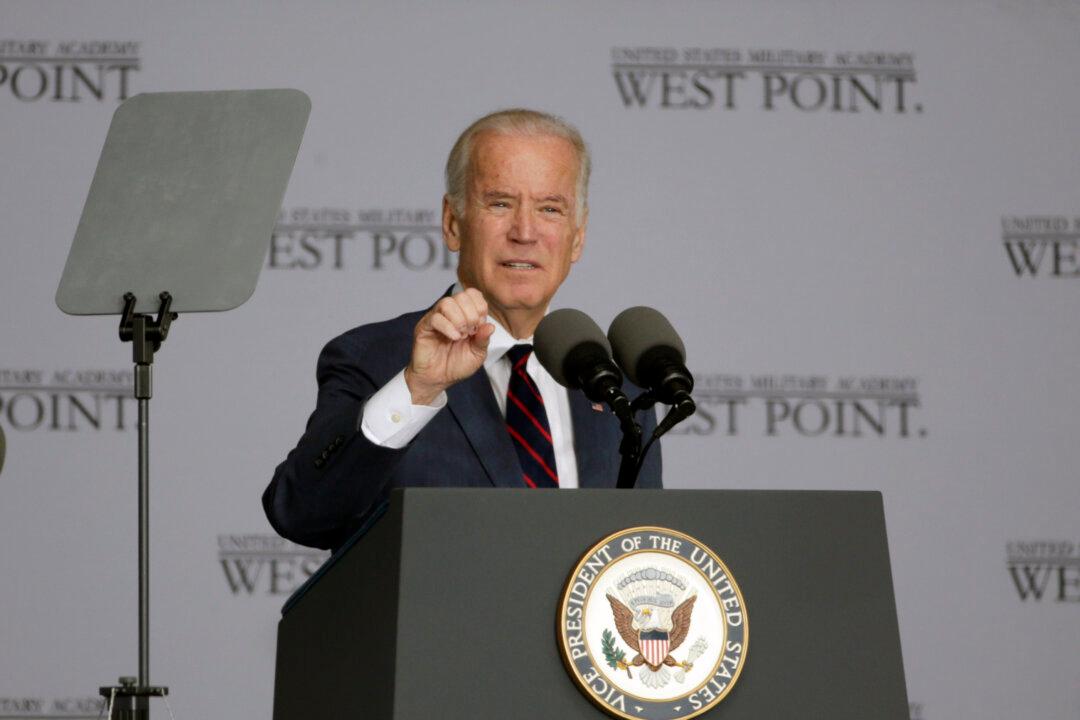Commentary
A Biden administration likely would mean an unwise reversal of the Trump administration’s efforts to restore deterrence against America’s main foes: China, Russia, Iran, and North Korea.

A Biden administration likely would mean an unwise reversal of the Trump administration’s efforts to restore deterrence against America’s main foes: China, Russia, Iran, and North Korea.